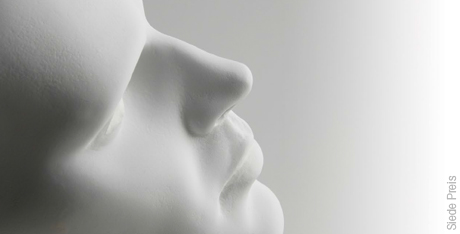I could have. I used to. What if? How come?
The London Olympics had just ended, and I was struck by the bittersweet nature of the games, as some athletes met or exceeded their dreams and others saw them shattered on an international stage in front of a worldwide audience.
Though it happens on a different scale, the 99.9% of us who will only face the more pedestrian disappointments in life have to constantly choose what to do with the “woulda coulda shouldas” and the debilitating emotion of regret. As a financial advisor, I have a front-row seat to daily expressions of angst as it relates to investment decisions.
“I should have … sold Microsoft at $90 in 1999.” “I could have bought Google at the IPO.” “I wish I’d not spent so much and saved more.” Each of these thoughts chip away at our contentment and leave traces of regret. I’d like to explore how we can change this tape playing in our mind and instead move toward self-acceptance. Grace. Contentment.
According to the dictionary, contentment is “a state of being satisfied with what one is or has; not wanting for anything more or anything else.” If this was a location, we’d all be plugging it into our GPS for directions! Instead, contentment is a decision, a choice of the mind and spirit, and I’ll share with you some steps I’ve learned to reach this state of being.
Define the regret.
Define the regret. This goes beyond the “I wish I’d” statement and reaches down into the dream, hope, expectation or outcome at the root of the disappointment. What did or did not happen to result in this state of dissatisfaction with who you are or what you have? Have you been forced to downsize, possibly not just your home but your lifestyle because you “shoulda” saved more? Once it’s defined, then elect to say with conviction, “It is what it is.” Speaking from personal experience, this is a powerful discipline and a daily practice. It allows me to acknowledge the disappointments, forgive myself or others if need be, decide on my plan for moving forward, and get going again.
Determine whether any of your discontent is coming from a false understanding of what “they” might think of you. Dare to ask yourself the question, “Who the heck are ‘they’ that wrote the Book of Shoulds that I’m reading from daily?” What would it look like if instead you told “them” to take a hike from dictating whether or not you are satisfied with what you are or have, and decide for yourself?
Determine whether any of your discontent is coming from a false understanding of what “they” might think of you.
Going back to the potential regret of needing to downsize, does that cause a sense of shame or failure in some way? Remember, everyone is the center of their own universe. Unless your life choices truly impact another’s universe, they really don’t think about you at all. How freeing this is to understand!
Consider whether the feeling of regret can be changed to a decision to celebrate the past, embrace the reality of today, yet not give up on a dream about the future. For example, you might say to yourself, “I had a beautiful home and raised my children in it, so it was a place of good memories. I needed to downsize so the money doesn’t run out before my time is up on this planet. This choice allows me some margin in my finances so I can still travel to new places.”
Count your blessings.
Count your blessings. During a period of serious regret in my life in 2011, I was challenged by my executive coach to write out 100 things for which I was thankful. Her objective was clearly to get me unstuck from my “poor me” attitude, yet it did so much more than that. I found myself overwhelmed with all the goodness that surrounds me, from something as simple as tasty, cold water straight out of the tap to a 23-year partnership with my spouse.
Considering Laurence Sterne’s words, we must work to develop the principles of contentment within ourselves. I believe these principles include a choice to live in the reality of today, not in the dreams of our past. It is what it is. Next, debunk the myth that “they” care. Be satisfied with your station and free from others “shoulding” all over you. Finally, work on that list of 100 blessings and arrive at the destination where you can be satisfied with what one is or has, not wanting for anything more or anything else. Choose happy.




About the Author
Susan Peterson, CFA, is managing director of Cornerstone Advisors in Bellevue, Washington, one of the top 20 wealth management firms in the country. Peterson brings more than 20 years of financial industry experience to her work with women who find themselves suddenly single as a result of divorce or death of their spouse, as well as retirees and technology wealth.